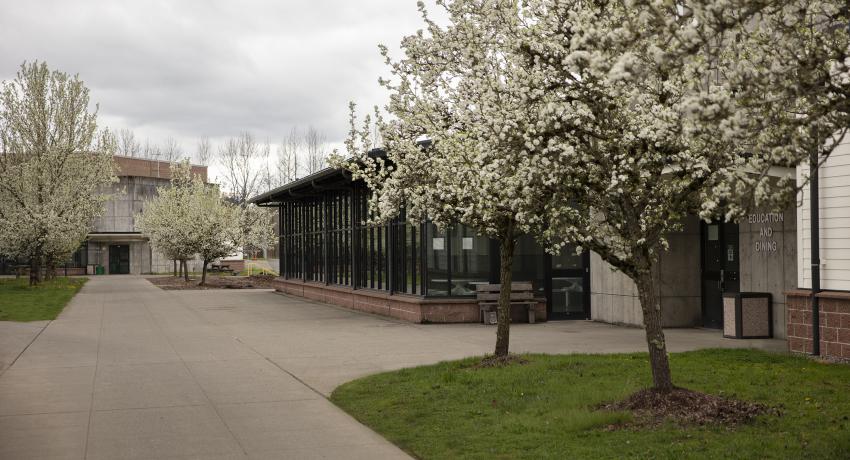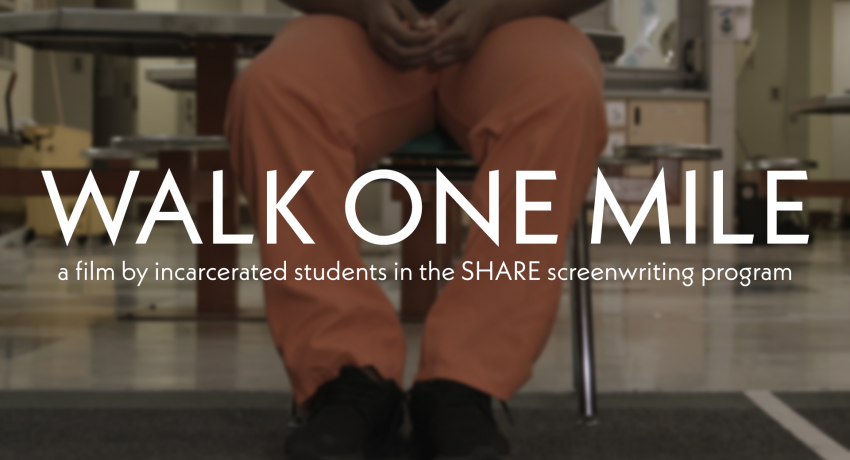- English
- ያግኙን - Amharic
- العربية - Arabic
- 中文 - Chinese (Simplified)
- 繁體中文 - Chinese (Traditional)
- دری - Dari
- فارسی, fārsī - Farsi
- Français - French
- हिंदी - Hindi
- ភាសាខ្មែរ - Khmer
- 한국어 - Korean
- ਪੰਜਾਬੀ - Punjabi
- Pусский - Russian
- Af Soomaali - Somali
- Español - Spanish
- Kiswahili - Swahili
- Tagalog - Tagalog
- Українська - Ukrainian
- Tiếng Việt - Vietnamese
Father Recognized for Seeking Treatment, Services to Regain Custody of Daughter
Jesse Sadler took all the steps necessary to transform his life and regain custody of his daughter; he engaged in therapy, secured housing, participated in parenting classes, and attended a Substance Use Disorder treatment.
DCYF Publishes Kin-First Culture Research and Recommendations
The Washington State Department of Children, Youth, and Families published a report with recommendations and research findings on creating a kin-first culture in Washington State.
Engaging Fathers
Providing resources and information that will empower fathers with children in the child welfare system.
Foster Youth to Throw Ceremonial First Pitch at Mariners Game
Davonte Robertson, 16, is set to throw the ceremonial first pitch during the May 7 Mariners game as part of We Are Family Day at T-Mobile Park.
Accepting Nominations for the Engaging Father Award
The Department of Children, Youth, and Families wants to recognize fathers who have had a successful outcome with their child welfare case for the Inaugural Engaging Father Celebration in June.
The recipient will receive two nights at Great Wolf Lodge Water Park-Grand Mound.
To be eligible, the father:
DCYF Announces Campaign that Highlights Efforts to Improve Outcomes for Families
From expanding crisis family preservation services statewide to increasing the number of licensed kinship caregivers, the Washington State Department of Children, Youth, and Families (DCYF) is working tirelessly on various practice changes and increased supports to improve outcomes for families.
Getting help paying for Child Care
Child care subsidy helps families pay for quality child care.
Washington’s Juvenile Rehabilitation Opioid Use Disorder Programs Among Best in Nation
Fentanyl overdoses are a leading cause of drug overdose deaths in the United States. In Washington State, overdose deaths involving synthetic opioids (mostly fentanyl) have increased 10-fold over the past five years. In 2021, approximately 3 in 4 opioid overdose deaths involved synthetic opioids.
Echo Glen Youth Poetry Becomes Short Film
As part of DCYF’s commitment to providing therapeutic and trauma-informed environments for youth in the agency’s care, Juvenile Rehabilitation (JR) has launched exciting collaborations and partnerships to bring creativity, resilience, and healing to young people at Echo Glen Children’s Center. For the 2022-23 school year, DCYF is partnering with










